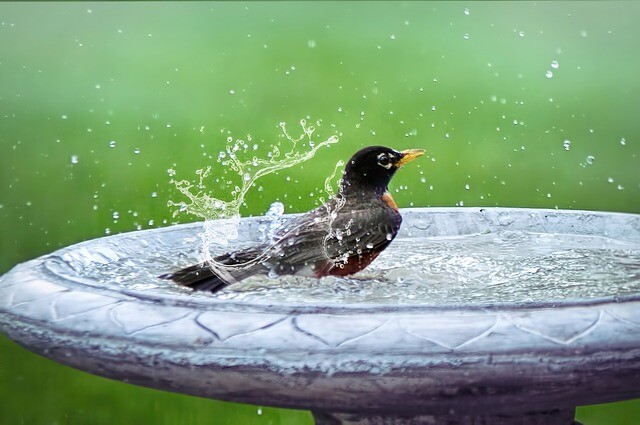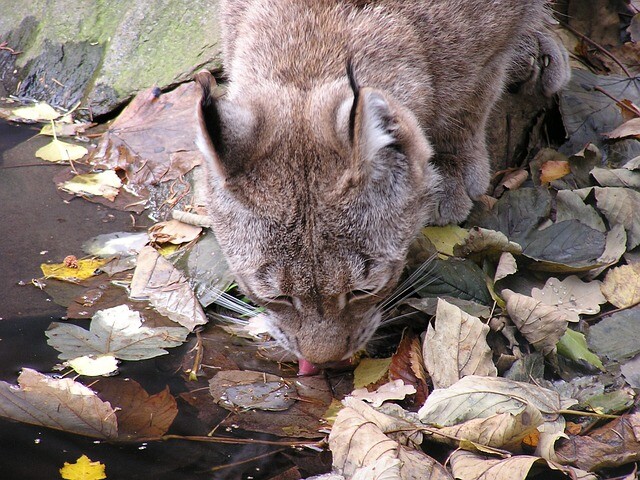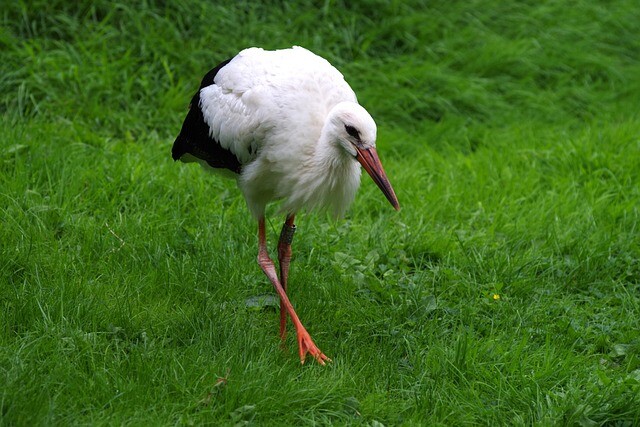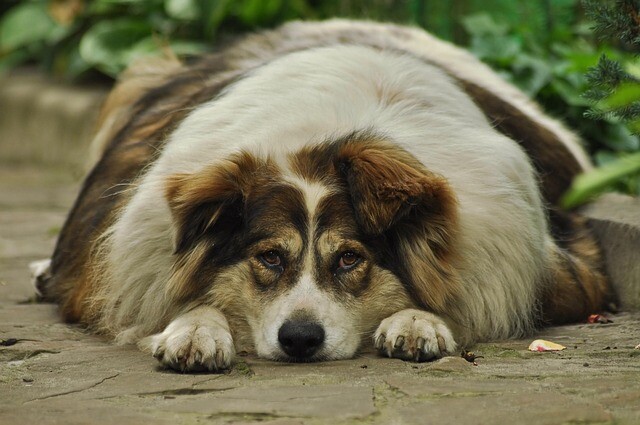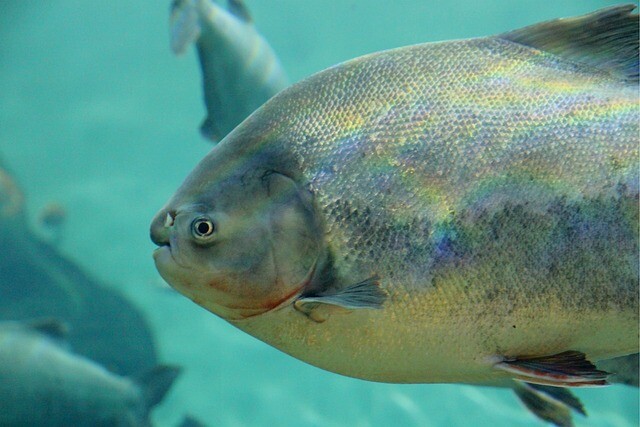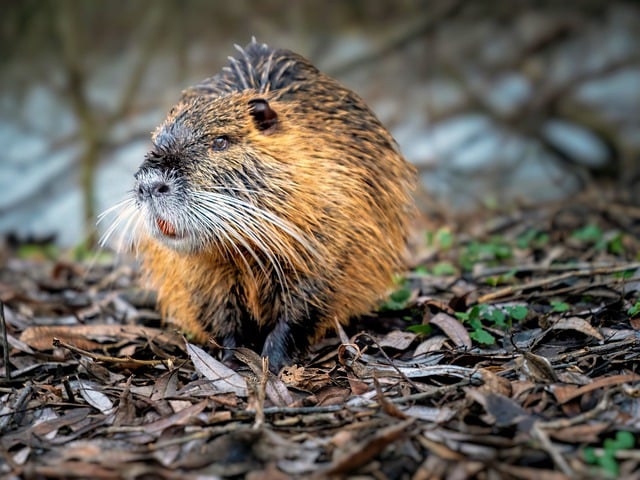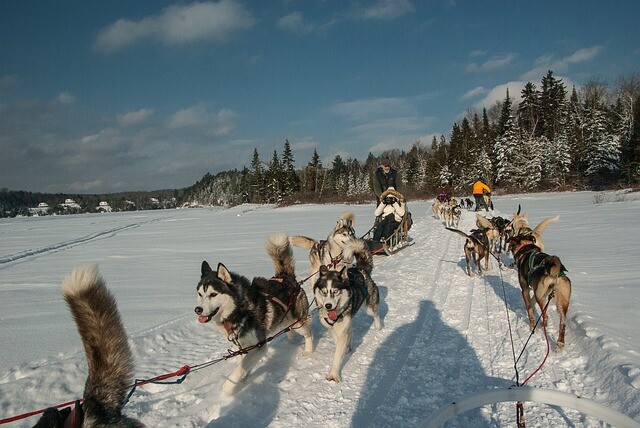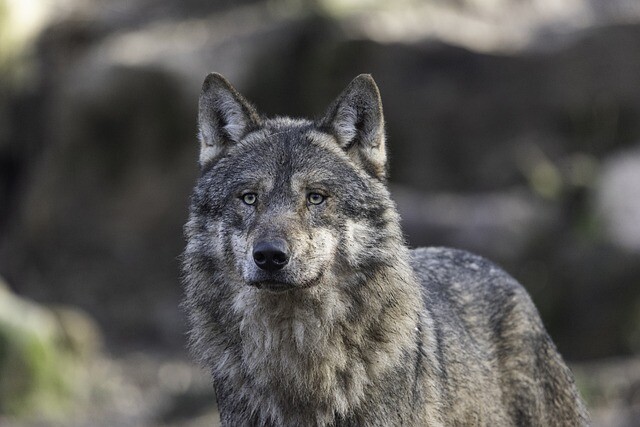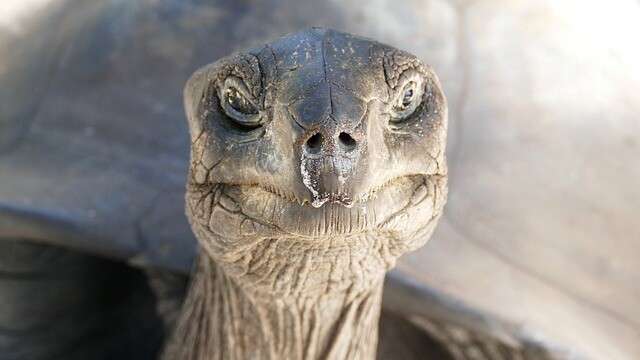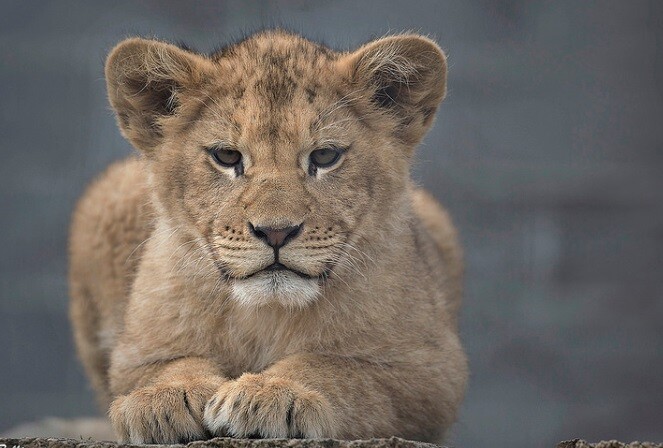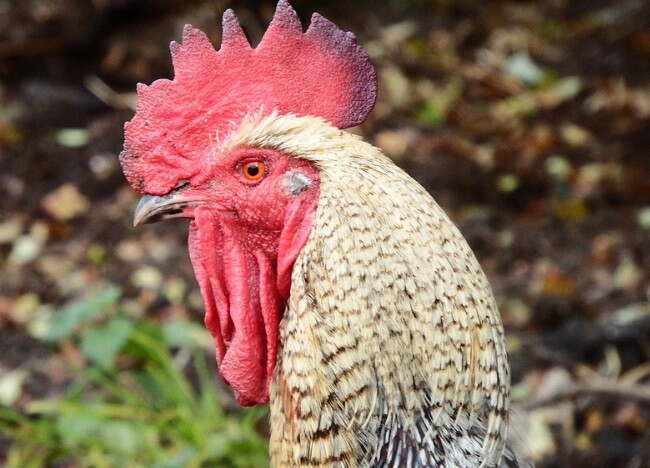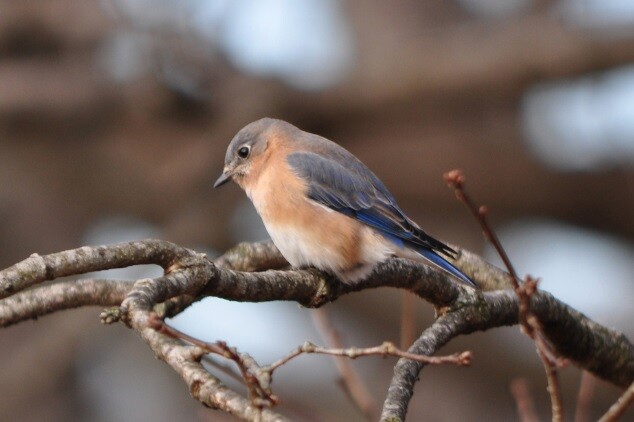Uninvited hospitality
Many new races have appeared in our country, and if we don't like our pets, we don't even see them in our home, regardless of them. More and more.
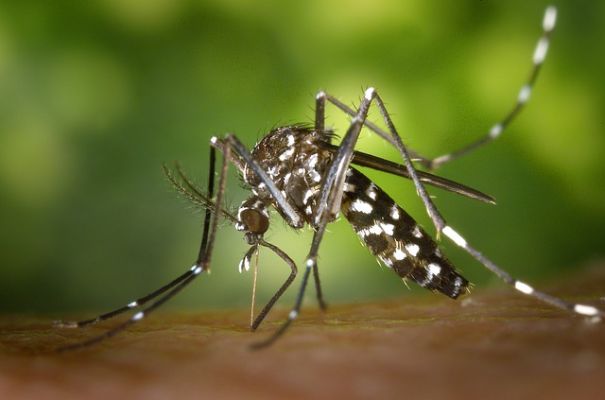
Climate change does not need to be jolted today, as we feel its impact in the more extreme weather, and we can observe species of animals that we have not seen before. With global warming, it can be noticed that there are also living beings in Hungary, which lived just around the Equator before. This may not only be related to climate change, as the peoples took their own animals that were not native elsewhere during their migration. In Australia, for example, there are huge catastrophic cat injuries, many domesticated species are also killed here, but one of our pets.
Animal species in Hungary that once were indigenous, but no longer live in the territory of our country, appear again. However, the goldfish has recently appeared in Hungary again. They may have a place in this area, as it used to be, but it is much harder to wear the appearance of species that come from a stranger. Such as harlekinkatica. They may pose a threat to the domestic catapult catacea population, as the Harlekinkatians hunt for them. In addition to harlekinkatias, we would also like to ignore the attack of mosquitoes that could even pose a threat to us. The striped zebra swab is also of Asian origin, but can be found in Hungary, somehow imported. It is also important to write about the bugs that have plagued Hungary. Several species of bugs that are called a stink bug are haunted, trying to find a place for themselves, which often means they want to get into our homes. The green wanderer appeared at the beginning of the 2000s
Our climate is also in transition. It is increasingly becoming a Mediterranean climate, but this does not mean that our fauna and flora are immediately replaced by Mediterranean species. Some species die, others occupy their place. There is no guarantee that the new species will be able to survive, but others will be able to reproduce effectively and thus be better able to spread in the area, on the continent or even in the world.
For more details, please visit our Facebook page!
(Source: homeowner.com <br> pixabay.com)

